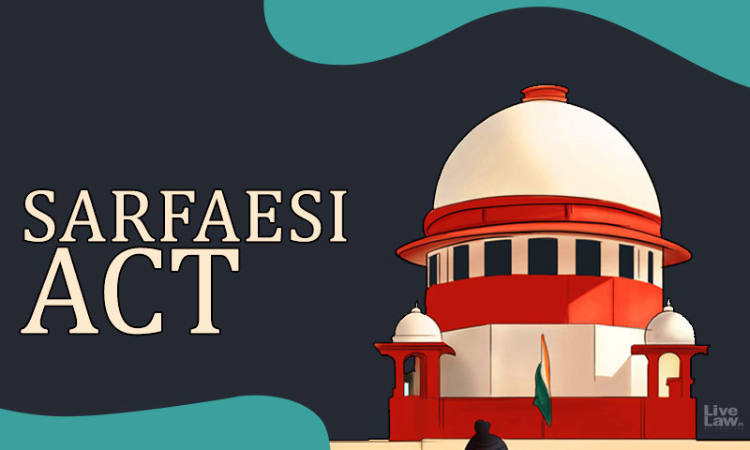SARFAESI - Borrower Can't Seek Discharge By Only Paying Highest Bid Amount Or Reserve Price If Bank Dues Are More : Supreme Court
Sohini Chowdhury
8 March 2022 3:01 PM IST

"Even by paying the highest bid amount the borrower cannot be discharged of its liability of the outstanding due to be paid to the bank"
Next Story


